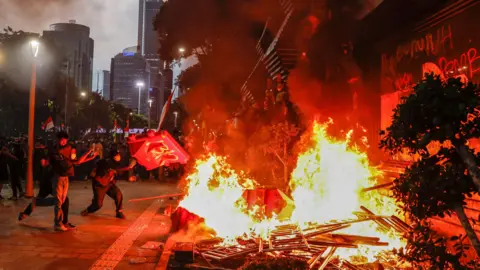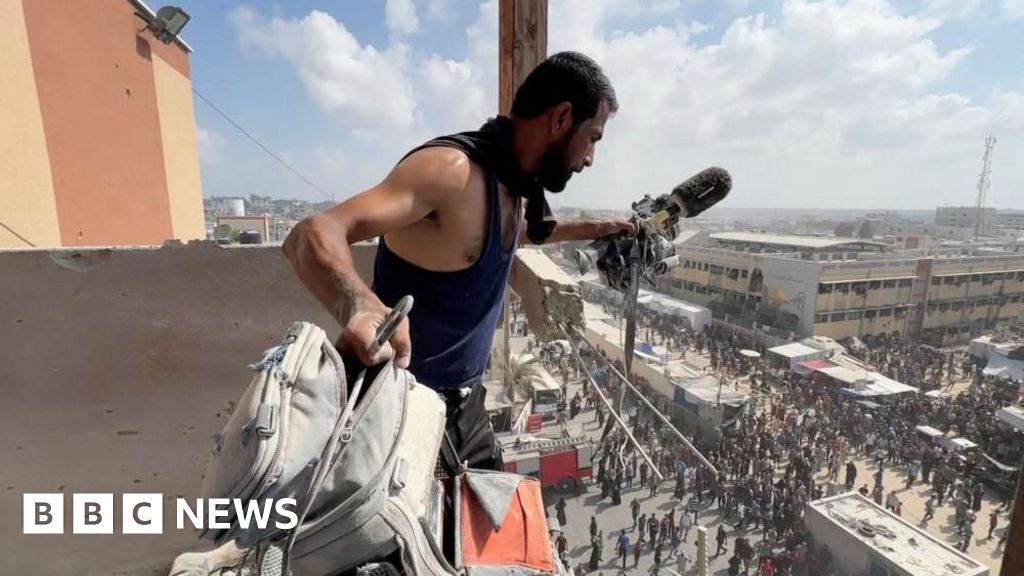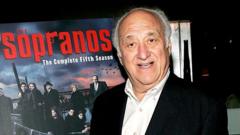In a solemn gathering at St. Peter's Square, mourners, some visibly emotional, came together yesterday to pay their respects following the announcement of Pope Francis' death at the age of 88. The Vatican's revelation that he succumbed to complications from a cerebral stroke has set the stage for critical deliberations among the leadership of the Roman Catholic Church. They face the consequential task of selecting a new pope, who will either honor Francis' inclusive and global philosophy or revert to the more conservative traditions that characterized his predecessors.
Tributes have begun to pour in from leaders around the globe, underscoring Francis' impact and the leadership void left in his wake. East Timor's President José Ramos-Horta articulated a sentiment echoed by many, describing the pope's death as “the greatest loss for humanity at a time when the world is in turmoil for lack of wise and compassionate leadership.” As the calls for a successor grow louder, the Vatican announced that plans for public viewing are underway, although a funeral date remains unconfirmed.
Remarkably active in his final days despite doctors' warnings, Francis continued his public engagements until the day prior to his passing. The report from the Vatican detailing the circumstances of his death highlighted the pope's defiance of the expectations surrounding his health and workloads, showcasing his commitment right until the end.
Jason Horowitz, the Rome bureau chief, offered an insightful perspective on Pope Francis' unique position as a leader. He described Francis as “a pope of surprises,” someone who defied traditional expectations of church leadership while remaining steadfast on key global issues, such as migration, climate change, and socioeconomic inequality. His voice advocating for these pressing concerns is anticipated to be one of the significant losses felt by the global community.
As the world reflects on Francis' contributions and the challenges ahead for the church, questions loom: will the Vatican continue to lead with the compassionate approach championed by Francis, or will it retreat to more conventional doctrines? The upcoming decisions made will undoubtedly shape the future of the Catholic Church and its role in addressing global challenges.























